
Post by : Saif Nasser
U.S. President Donald Trump has announced that China and other foreign countries will not be allowed to buy Nvidia’s most advanced artificial intelligence (AI) chips, known as the Blackwell series. He said these powerful computer chips will be used only by American companies, to protect U.S. technology and national security.
Trump made the comments during a recorded interview with CBS’s “60 Minutes” and while speaking to reporters aboard Air Force One. He said, “The most advanced, we will not let anybody have them other than the United States. We don’t give the Blackwell chip to other people.”
This decision could bring major changes to the global technology market. Nvidia is currently the most valuable company in the world, known for creating chips that power AI systems used in industries such as defense, medicine, finance, and robotics. These chips are also important for developing future technologies like self-driving cars and advanced computers.
Trump’s new position marks a tougher stance than earlier U.S. policies. His statement suggests that the United States could soon block not just China, but other countries as well, from getting Nvidia’s top AI chips. This could widen the technology gap between the U.S. and the rest of the world.
In July, Trump’s administration had introduced a new plan for AI development. That plan aimed to make it easier to export AI technology to U.S. allies and reduce some regulations to speed up production. But the latest announcement shows a shift toward tighter control of the most powerful technologies.
Just last week, Nvidia announced a deal to supply over 260,000 Blackwell chips to South Korea. The chips will be used by major Korean companies, including Samsung Electronics. Trump’s statement now raises questions about whether future sales to other countries will still be allowed.
When asked whether he might allow China to buy a weaker version of the Blackwell chip, Trump said he could consider it. “We will let them deal with Nvidia but not in terms of the most advanced,” he said. That means China might be able to buy less powerful models, but not the high-performance versions used for the most advanced AI work.
Many politicians in Washington disagree with even limited chip sales to China. They say that even smaller versions of these AI chips could still help China improve its military technology or expand its global influence. Republican Congressman John Moolenaar warned that selling chips to China would be like “giving Iran weapons-grade uranium,” calling it a serious threat to national security.
Nvidia’s relationship with China has already been strained. In 2024, U.S. export restrictions blocked the company from selling its most powerful chips to Chinese buyers. Nvidia’s CEO Jensen Huang recently said that China no longer wants Nvidia to operate there because of those limits. He added that Nvidia needs access to the Chinese market to support its American research and development programs, but that the company must follow U.S. government rules.
The situation also affects the global chip industry. Countries such as Japan, South Korea, and Taiwan depend heavily on American chip technology. If the U.S. limits who can buy its top AI products, these nations may face slower progress in AI innovation.
At the same time, China has been investing heavily in its own semiconductor industry to reduce dependence on American technology. But it still struggles to match the power and efficiency of Nvidia’s latest Blackwell chips.
Trump’s remarks come at a time of rising competition between the U.S. and China over artificial intelligence, trade, and global influence. Washington sees AI chips as a key part of future security and economic strength. By keeping Nvidia’s most advanced chips inside the U.S., Trump hopes to ensure that America remains the world leader in AI development.
However, this decision could also have side effects. Restricting global sales might reduce Nvidia’s profits and slow down its innovation. It could also push other countries to develop their own alternatives more quickly.
In the coming months, it will become clear how strictly the U.S. enforces these limits. For now, Trump’s statement signals a new chapter in the technology rivalry between Washington and Beijing — one that could shape the future of global AI for years to come.

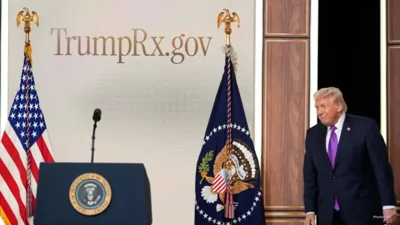

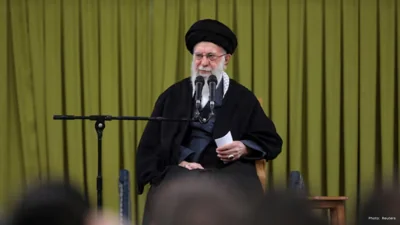
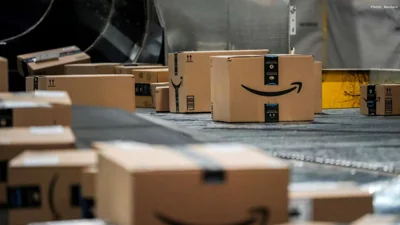
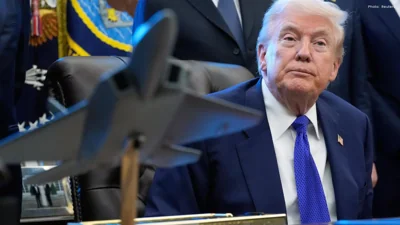

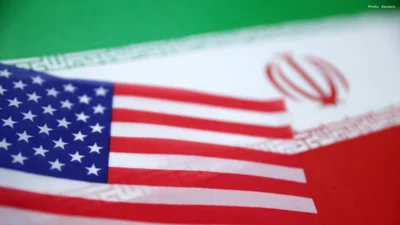


Mattel Revives Masters of the Universe Action Figures Ahead of Film Launch
Mattel is reintroducing Masters of the Universe figures in line with its upcoming film, tapping into

China Executes 11 Members of Criminal Clan Linked to Myanmar Scam
China has executed 11 criminals associated with the Ming family, known for major scams and human tra

US Issues Alarm to Iran as Military Forces Deploy in Gulf Region
With a significant military presence in the Gulf, Trump urges Iran to negotiate a nuclear deal or fa

Copper Prices Reach Unprecedented Highs Amid Geopolitical Turmoil
Copper prices soar to all-time highs as geopolitical tensions and a weakening dollar boost investor

New Zealand Secures First Win Against India, Triumph by 50 Runs
New Zealand won the 4th T20I against India by 50 runs in Vizag. Despite Dube's impressive 65, India
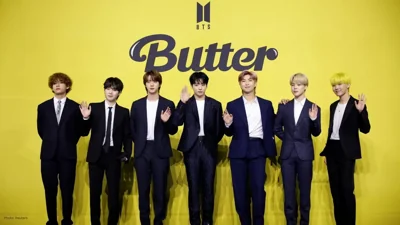
BTS Tour Sparks Global Demand: Mexico Appeals for Additional Shows
BTS' comeback tour creates immense demand in Mexico, prompting President Sheinbaum to urge more conc